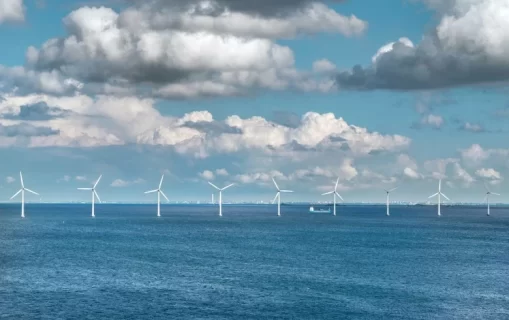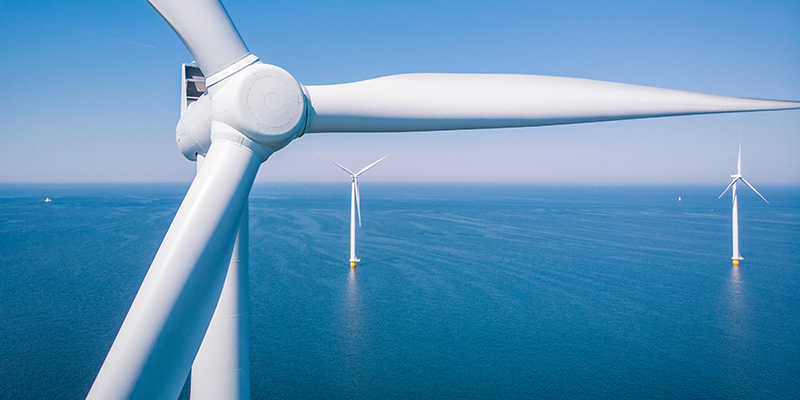Lithuania’s National Energy Regulatory Council (NERC) has initiated the bidding process on a delayed tender that will award a 700-MW offshore project set to create the country’s second wind farm in the Baltic Sea.
Timeline
The process was launched by the State Energy Regulatory Council on Monday and the participants will have 90 days to register and submit their documents till 15th April 2023 which will then be undergoing evaluation until 27th May at the latest.
A provisional winner will be announced by the end of May after the committee has compiled alist of viable candidates who meet the tender requirements
The final confirmation is expected to be announced at the beginning of August, after the developer’s compliance with national security interests is verified. The country’s second offshore wind farm is expected to be operational as soon as 2028.
Companies seeking to develop the site have to meet a range of requirements, including experience in developing offshore projects, financial performance and compliance with national security.
The bid will be awarded to the participant offering the highest development fee or requesting the lowest annual electricity generation incentive from the state at the lowest price. They will also be eligible for a 15 year state incentive.

Project location
The proposed turbines are expected to have a height of 350 meters and the offshore wind park is planned to be installed within a 135.4 square kilometer area within the Baltic Sea, about 30 km from Palanga off the Lithuania coast, 2 kilometers off the boundary of a Natura 2000 protected area.
Costs involved
Under the tender regulations, the selected developer will have the right to develop the project with or without state subsidies. The winner will have access to state aid for over 15 years in the form of variable premium under a two-way contract for difference (CfD) as a result of a EUR 193 million scheme approved by the European Commission last year.
About EUR 5 million will have to be earmarked by the developer for environmental protection, on the other hand, EUR 3 million annually to be contributed to municipalities bordering the maritime territory.
Highlighted terms & conditions
The successful developer for the park will not have to carry out offshore surveys and other activities necessary for the development and construction of the infrastructure or even prepare an Environmental Impact Assessment since this will be carried out by the state.
Once the site is built, the developer will be obliged to make an annual contribution (€1 per 1 MWh of electricity generated) to the communities in the vicinity of the project.
In preparation for the tender, the minimum possible installed capacity of the proposed offshore wind farm has also been increased, with the projects now required to have at least 700MW as opposed to the initially set 580 MW. However, the maximum capacity still remains at 700MW.
The country is doing this to increase electricity generation from renewable energy to 70% of the total domestic electricity consumption by 2030. Ignitis Renewables, a subsidiary of Lithuanian energy company Ignitis Grupe AB, and Ocean Winds were the provisional winners in the country’s inaugural 700-MW offshore wind tender.
Challenges
This second offshore wind tender was initially meant to kick off in September last year (2023), however it was postponed to January 2024 due to the then prevailing economic conditions. Explaining the delay with the unstable economic environment and its subsequent effects on the renewable energy industry.
Also read: Vestas to establish offshore wind blade factory in Poland
Also read: Top ten biggest offshore wind farms in the world
Also read: RWE win 119MW French onshore wind tenders

